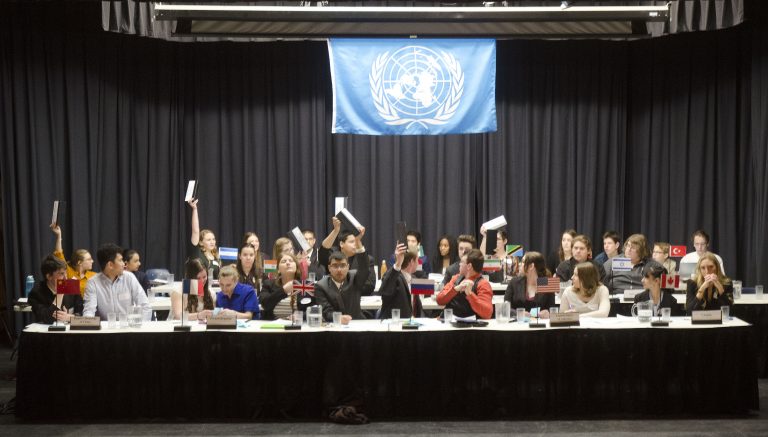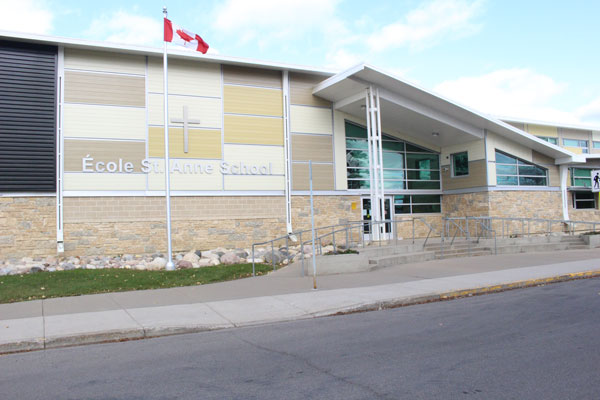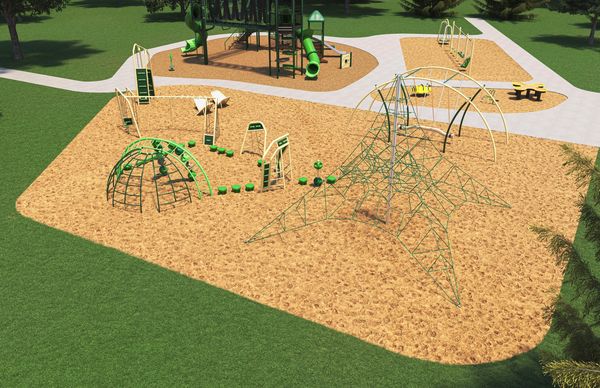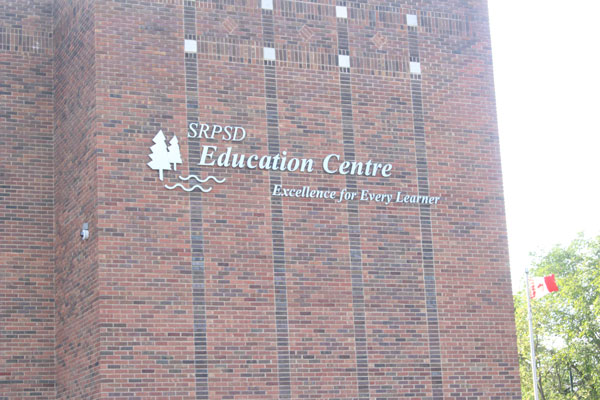The Rotary Club of Prince Albert has been finding ways to thrive in spite of the COVID-19 pandemic. According to Rotary president Keith Fonstad the club has found ways to connect virtually and still follow the Rotary motto of Service above Self.
Fonstad explained that they have been able to maintain membership despite the pandemic while still meeting.
“We are one of the few service clubs in the city that has an average age that is quite younger and we have been able to maintain our membership with new members over the last five or six years to keep our club vibrant and moving forward. We have a really good group of Rotarians here that are a great mix of young professionals, recently retired professionals and longtime members who are just there to provide advice,” Fonstad said.
The Rotary Club meets on Mondays and before the pandemic met at the Travelodge.
“We kept our meetings going and we went right through using Zoom for our meetings during the early part of the pandemic and then in the fall we were able to go to a hybrid meeting where we had a certain number of people who could be in person while we ran a Zoom meeting in conjunction so if there was anybody who couldn’t make it or didn’t feel like coming could attend by Zoom,” Fonstad said.
They also invested in equipment such as a camera and microphones and closer to Christmas they reverted to Zoom meetings again. This has offered challenges and success for the Rotary.
“We have been still running all of our meetings just in a virtual realm now. It has been engaging for most of our members and there are some that aren’t comfortable with the virtual that haven’t participated but for the most part we have and we have even had a few new members join the club. It’s been good that way,” Fonstad said.
He explained that the club has a strong focus on youth through various programs such as the Model UN and youth exchanges. He said that all of these programs have been put on hold.
“There was a virtual Model UN held this year in Winnipeg and the RYLA (Rotary Youth Leadership Awards) camp in August I think is being planned for virtual as well at this point although they are hoping to be in person. So some of the youth programming definitely took a backseat over the last year,” Fonstad said.
Fonstad said that other aspects such as community and international support have continued. They have also been fundraising for their Centennial Project of Rotary Adventure Park, that fundraising is continuing through events such as Lobsterfest on May 8. They have also donated to other causes.
“We were able to make a donation to the new Dolly Parton Imagination Library in one of the months during the pandemic as they kicked off their local chapter here in Prince Albert,” Fonstad said.







